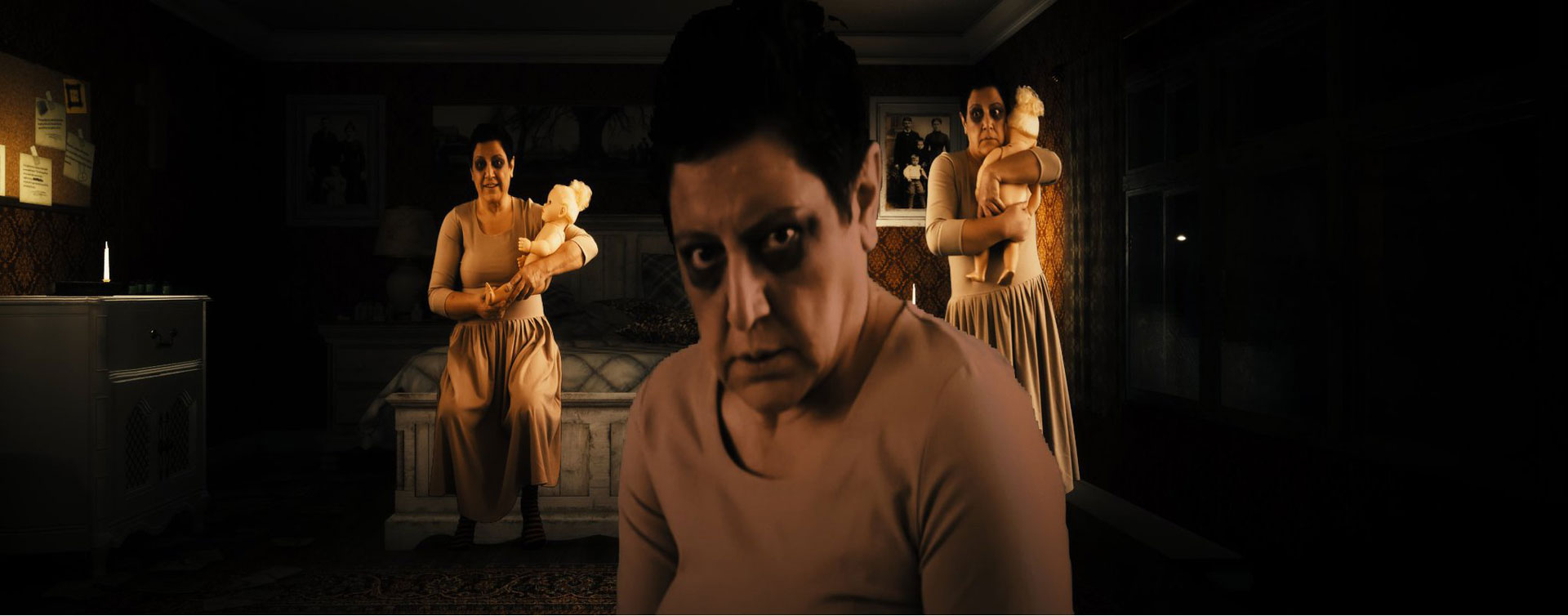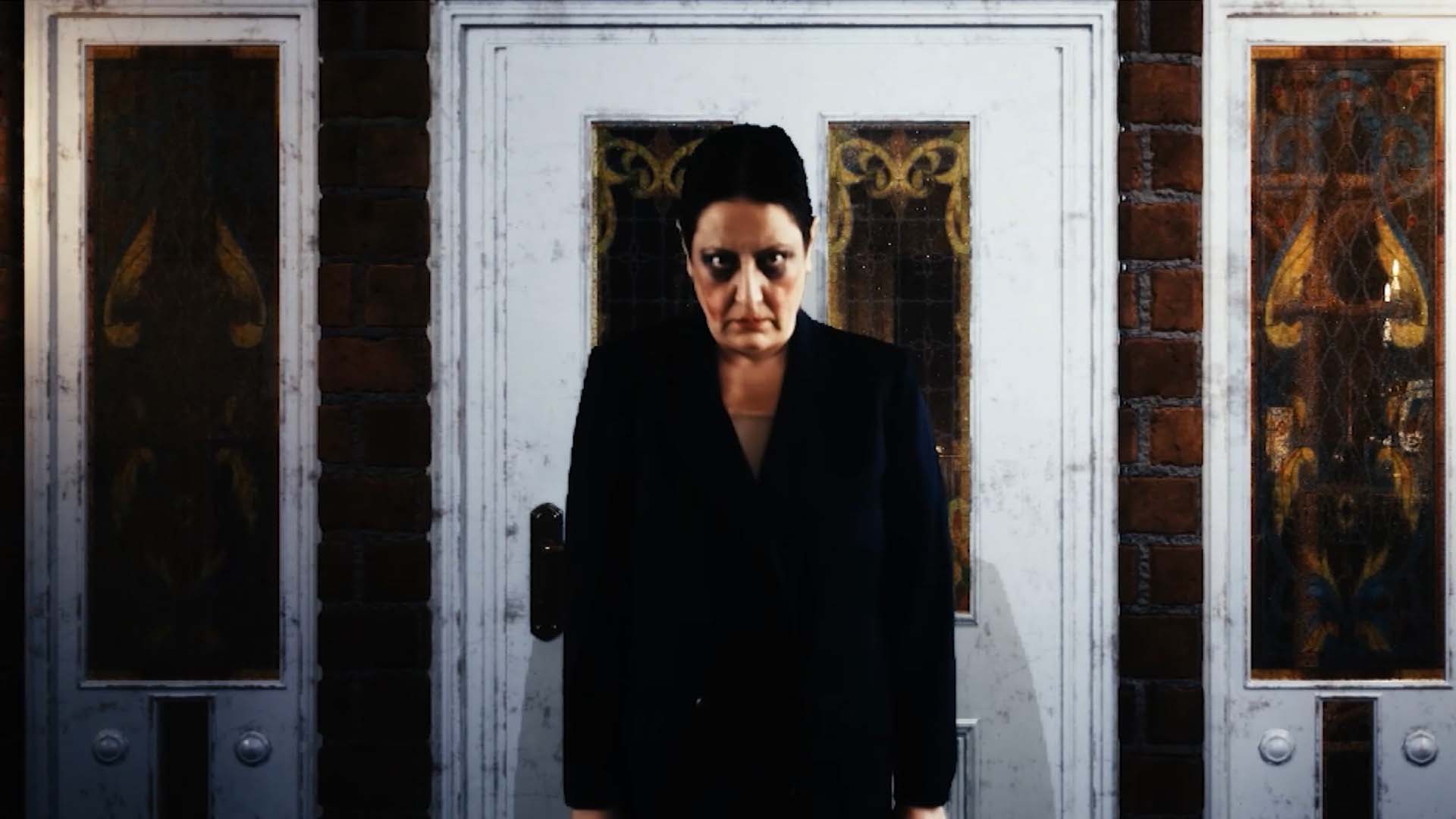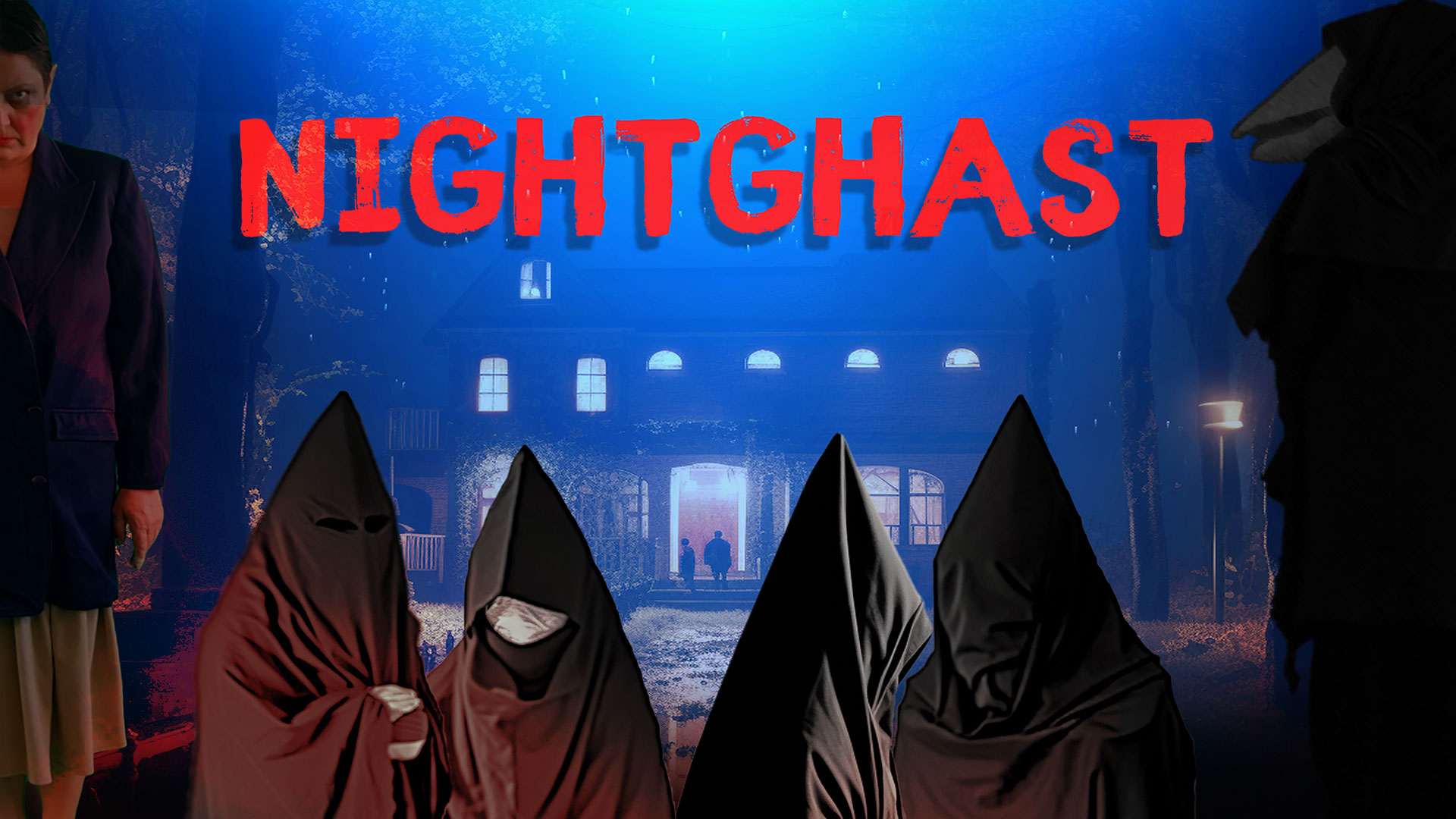Products You May Like
As an indie game developer with a passion for filmmaking, I’ve always sought to blend the cinematic with the interactive. My latest project, NightGhast, is a testament to this fusion. NightGhast is a first-person horror game that delves into the eerie world of wicked witches and sinister widows. Developed using Unreal Engine 5, this game stands out not just for its chilling narrative but also for the innovative techniques we employed during its creation. A significant part of this process involved working with real-life theatre actors, filming them on green screen, and integrating their performances into the game. This approach not only enhanced the game’s realism but also opened new doors for future projects.

The Vision Behind NightGhast
My background in filmmaking has always driven me to create visually compelling and narratively rich experiences. Even though I have self-developed and self-published many indie games, NightGhast is special because it allowed me to merge my two passions: filmmaking and game development. The game’s story required a level of emotional depth and authenticity that could only be achieved through the nuanced performances of real actors. This led us to explore the use of real-time theatre actor shooting on green screen as a core part of our development process.
The Role of ID@Xbox
The journey of NightGhast was significantly supported by the ID@Xbox program, which assists indie developers in bringing their games to Xbox platforms. The ID@Xbox team was instrumental during the certification process, providing invaluable support and resources. Their assistance ensured that NightGhast met all technical and quality standards, allowing us to focus on the creative aspects of the game.

Integrating Real Actors into the Game
The use of Unreal Engine 5’s virtual production and cinematic tools allowed us to push the boundaries of traditional game development. We collaborated with talented theatre actors, filming their performances against a green screen. This process involved capturing a wide range of emotions and actions that were essential to the game’s narrative. The actors’ performances as image sequences were then imported into Unreal Engine 5, where we utilized advanced virtual production techniques to seamlessly integrate them into the game world. Although our budget was limited, for an indie game, I’m happy how their performance enhanced the narrative. Naturally, for future reference, if we ever have a chance to shoot real-time actors over a sophisticated virtual set, the results would be much more compelling.

Realism and Authenticity
The inclusion of real actors brought a level of realism to NightGhast that would have been difficult to achieve with purely digital characters. The subtle nuances of human performance added depth to the characters, making the horror elements more impactful and the story more engaging.
- Enhanced Player Immersion
Using real actors helped create more believable interactions and heightened the emotional connection between the player and the game. The actors’ performances were not just visual; they conveyed the underlying tension and fear essential to a horror game, drawing players deeper into the experience. For example, one of the main adversaries in the game is inspired from Alpen folklore, a mystical character named “Schnabelperchten”. We experimented with great detail for her costume and make up, which would be nearly impossible if we wanted to develop that character as a 3D model, within our very limited budget.
- Innovation in Game Development
This project demonstrated the potential of combining traditional filmmaking techniques with modern game development tools. By using green screen and virtual production, we were able to create complex scenes and character interactions more efficiently and with greater creative freedom.

Obstacles We Crushed
While the process was incredibly rewarding, it was not without its challenges. Filming on a green screen requires precise lighting and camera work to ensure that the actors’ performances are captured accurately. Additionally, integrating these performances into a real-time engine like Unreal Engine 5 involved overcoming some problems like “video codes”. Initially, we had certain problems with video and audio codecs on different platforms, and in the end, we had to develop new workflows and pipelines to manage the data and ensure that the final product was seamless.
What’s Next?
The success of NightGhast has opened up new possibilities for future projects. The technique of using real actors filmed on green screen can be applied to various genres and game types, offering a way to bring more lifelike characters and performances into the gaming world. This approach not only enhances the storytelling potential of games but also provides opportunities for actors to explore new forms of performance art.NightGhast is a pioneering blend of traditional filmmaking and cutting-edge game development, creating a unique and immersive horror experience. This innovative approach sets NightGhast apart and paves the way for future projects that will continue to push the boundaries of interactive storytelling. As an indie developer, this journey has been incredibly fulfilling, and I hope you, too, will soon be immersed in a strange and eerie world as you jump in to NightGhast, out now on Xbox.
